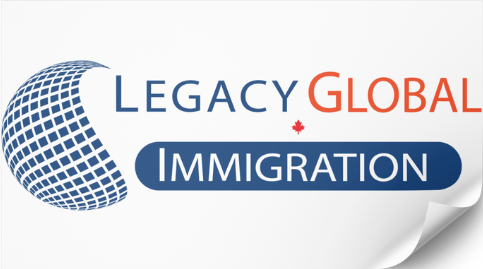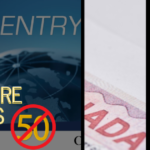On January 31, 2025, Immigration, Refugees and Citizenship Canada (IRCC) announced the implementation of regulatory amendments to the Agreement between the Government of Canada and the Government of the United States of America for the Sharing of Visa and Immigration Information. These changes, which came into effect on January 17, 2025, aim to bolster the integrity of both nations’ immigration systems through enhanced information sharing.
Key Features of the Amendments
1. Expanded Scope of Information Sharing
The original 2012 agreement facilitated the automated exchange of information on foreign nationals between Canada and the United States. The recent amendments broaden this scope to include biographical and biometric information on permanent residents of both countries. This enhancement allows immigration authorities to access more comprehensive data during the immigration screening process.
2. Conditional Information Exchange
Information will be exchanged only in response to specific requests as part of either country’s immigration screening procedures, such as during visa applications. This targeted approach ensures that data sharing is relevant and necessary for assessing individual cases.
Benefits of Enhanced Information Sharing
1. Improved Identity Verification
Access to detailed biographical and biometric data enables immigration and border officials to more accurately verify the identities of applicants. This reduces the risk of identity fraud and ensures that individuals are who they claim to be.
2. Strengthened Admissibility Screening
The expanded information sharing enhances the ability to identify security risks, such as individuals with criminal backgrounds or those involved in activities that may pose a threat to public safety. This leads to more informed decision-making regarding admissibility.
3. Facilitated Visa Issuance
For applicants with a proven history of immigration compliance in the United States, the shared information can streamline the visa issuance process in Canada. Recognizing prior compliance can expedite approvals for trustworthy applicants.
Privacy and Sovereignty Considerations
Both Canada and the United States have embedded robust privacy protections within the agreement to ensure that shared information is handled appropriately and securely. Each country retains its sovereign decision-making authority, utilizing the exchanged data to inform their respective immigration laws and policies.
Implications for Immigration Applicants
Applicants should be aware that their immigration histories in either country may be accessible to authorities in both Canada and the United States. This underscores the importance of honesty and accuracy in all immigration-related applications and communications. A transparent history of compliance can facilitate smoother processing, while discrepancies or past violations may lead to increased scrutiny or denial of applications.
Conclusion
The regulatory amendments to the Canada–United States information sharing agreement represent a significant step toward enhancing the security and efficiency of both nations’ immigration systems. By expanding the scope of shared information to include permanent residents and implementing stringent privacy safeguards, Canada and the United States demonstrate their commitment to maintaining secure borders while facilitating legitimate travel and immigration.








